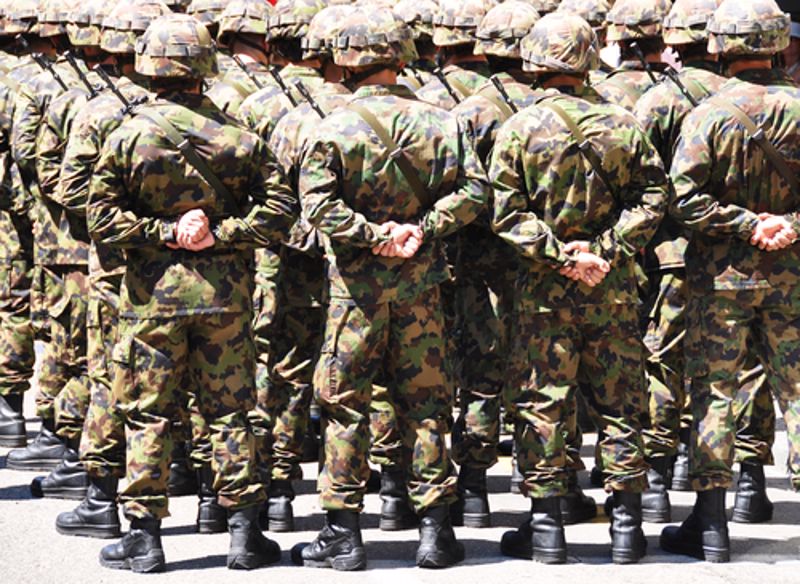The military is typically one of the leaders in technological innovation, and it once again finds itself in that position at the forefront of the development and implementation of autonomous vehicles (AVs). This is, in part, because driverless vehicles could be extremely practical in military settings.
Relying less on human drivers may put fewer soldiers in harm's way, while the effectiveness of AVs might allow for faster and more efficient ground transportation both on base and on the battlefield. Keep reading to learn how the military is exploring AVs to boost its capabilities and protect personnel.
Optimizing transportation in combat zones
The military prides itself in readiness and alertness, and these lie at the heart of a quick and successful operation. AVs could serve a vital part in ensuring that military personnel are sufficiently prepared to act by allowing them to focus less on the rigors that come with driving in often rugged and unfamiliar terrain and focusing instead on more immediate concerns.
As the U.S. Army reported in June 2020, AVs built for military use have to be more sophisticated than those designed for civilians. The military is very commonly exposed to harsh, uneven and unfamiliar landscapes that are usually unequipped for civilian transportation. Military AVs have to have the technology that enables them to navigate this terrain effectively and without problems.
The military reached an important milestone in December when it announced it had granted a contract to two companies to produce four prototypes of the Expeditionary Modular Autonomous Vehicle (EMAV), according to The Drive, a fully autonomous vehicle designed to be integrated into combat zones. Crucially, the EMAV is a hybrid vehicle, an important feature that the Army has long sought for its AVs in order to maximize fuel economy and ensure that soldiers who use it in live settings aren't sacrificing efficiency for effectiveness.

Bases need AVs, too
AVs have a ready applicability in combat zones, but military planners are also adopting the technology for better transportation on base. At the vanguard of much of the military's on-base innovations is Marine Corps Air Station Miramar in California. In July 2020, the base started constructing 5G infrastructure to boost communication both on the base and with other installations, reduce energy costs and maximize security, according to Federal News Network.
The base has also been developing AVs since early 2018, and it plans to integrate that technology into its 5G infrastructure. By allowing AVs to communicate directly with the base, they receive more accurate information about their surroundings, which could make them better able to avoid other vehicles and personnel and help them optimize their navigational abilities. It could also make them a safer and more efficient means of on-base transportation.
Miramar has also worked with California's state government to develop an AV with access to the base's electric grid, according to Defense Systems. These particular vehicles store so much energy, it's estimated they could help provide electricity for entire buildings if the base ever lost power.
While the use of on-base AVs appears to be limited to Miramar for now, other bases have slowly begun to experiment with this technology over the course of the past few years, according to Traffic Technology Today. Miramar is moving quickly, and as developers and manufacturers pick up pace on the outside and it becomes a more regular part of civilian life, AVs could likewise become a fixture of military life in the coming years.
Transformational technology
The military could be one of the top beneficiaries of the changes brought by the introduction of AVs. On top of the transportation efficiency that AVs promise, personnel safety is a leading concern for military planners, and having the technology to transport materiel into combat zones without risking the lives of servicemen and servicewomen is extremely attractive. While there's still much progress to be made, AVs could find a home in military settings in the near future.
Driverless vehicles could transform various different aspects of society, and top-quality braking systems will be necessary to ensure a smooth transition. Greening Testing Laboratories is a fully certified brake testing lab that provides a variety of brake testing services worldwide. Contact Greening for complimentary consultation.
